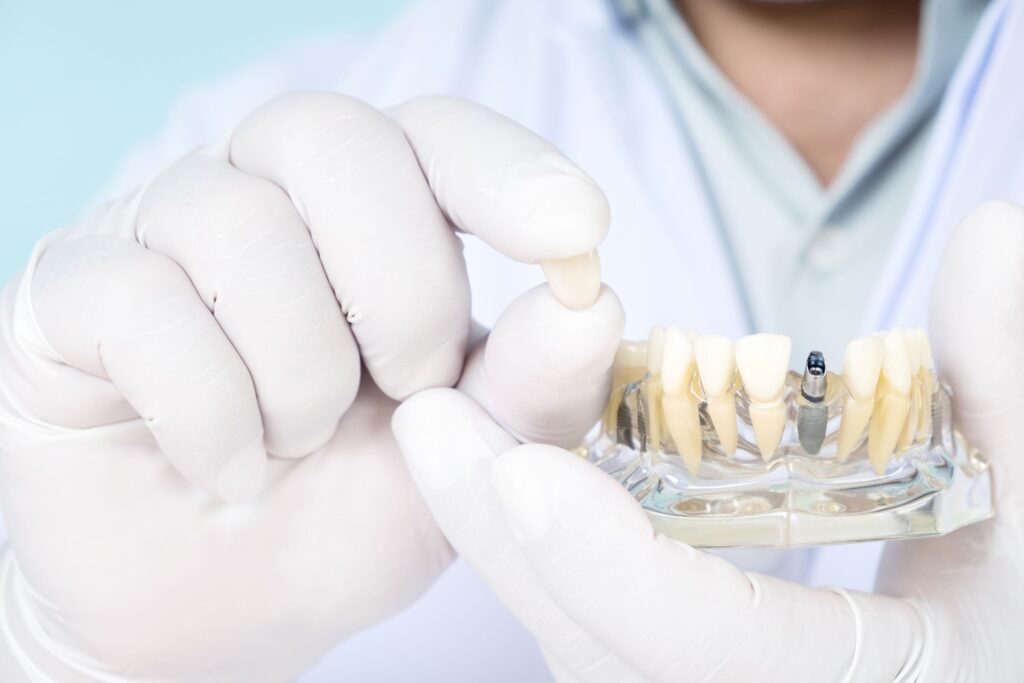
Many experts consider dental implants the ideal way to replace missing teeth because of their many unique advantages. These restorations include a titanium rod inserted directly into your jawbone, so they function as sturdy stand-alone structures that work more like natural teeth.
However, that doesn’t mean they’re entirely invincible from harm. Continue reading to learn about 3 factors that can affect your dental implants’ success!
Consideration #1: Your Overall Condition
Before approving the procedure, your provider must update your medical history and examine your mouth to ensure no pre-existing conditions can interfere. Although they want to help rebuild your smile, they must ensure that your mouth and body are strong enough to undergo surgery.
Those who suffer from other health concerns, like diabetes, have dysregulated blood glucose levels that impact blood circulation. This can hinder their recovery because the body is less able to deliver infection-fighting nutrients to your mouth, slowing your healing process while increasing the risk of infection.
Consideration #2: Your Jawbone Density
Did you know that the roots of your teeth are responsible for strengthening your jawbone? Every time you bite down, they stimulate new bone growth that keeps it active and healthy to maintain your teeth and facial structure. Once pearly whites go missing, it starts to thin and can eventually become too frail to support those that remain.
Thankfully, the titanium rod of your implant can prevent this process of degeneration by functioning like a root to stimulate your jawbone. However, if your jaw is too weak, it might not successfully fuse with the metal pole, which can eventually destabilize your restoration and cause it to break or be dislodged. An additional bone graft is often needed to bulk it up sufficiently to continue with implants.
Consideration #3: Your Gum Health
Your dentist will also check to ensure no tooth decay or gum disease in your mouth before scheduling your implant procedure because these common oral issues can significantly impact the results. If you already have gum disease, the extra bacteria in your mouth are more likely to penetrate your connective tissues and lead to peri-implantitis.
This progressive periodontal problem is the number one leading cause of dental implant failure, though it can potentially be avoided with proper preventative care. You should brush and floss your teeth twice daily to consistently remove plaque buildup and visit your provider every six months for a routine checkup and cleaning. That way, they can identify and address any areas of concern (like early gum disease) before they progress and harm your prosthetics.
If you’re unsure whether your implant is in good health, the best way to find out is to schedule an appointment with your dentist!
About the Practice
At Distinctive Dentistry by Mullens & Nguyen, you and your family benefit from a team of dentists with decades of combined experience. They provide a wide range of services and welcome patients of all ages to streamline your household’s dental care. Then, they take the time to get to know you to provide treatment plans tailored to your unique needs. They perform each step of the dental implant process in the office, so you don’t have to seek outside providers, and are eager to help you rebuild your grin. You can request an appointment on the website or call (904) 399-3163.
